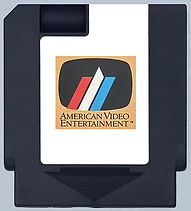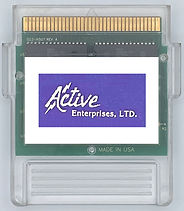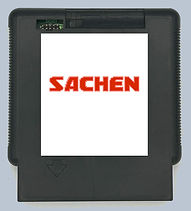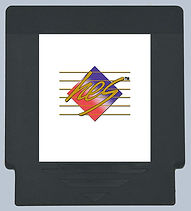UNLICENSED GAMES ----------------------------------------------------------------------------------------------------------------------------------------------
This section of the site features companies that released unlicensed NES games. As opposed to licensed NES games produced by Nintendo or approved 3rd-party publishers, unlicensed games were produced without Nintendo's consent. The games were original, and the game software was legally licensed from the developers by the publishers. However, producing physical copies in an NES-compatible format (including a lockout chip bypass), and not paying Nintendo any royalties, was not something that Nintendo wanted to allow.
Becoming a licensed NES publisher was not an easy thing to do. Nintendo was very protective of their brand, very concerned about the quality of the games, and equally concerned about making money. Not too many companies making games at that time had the resources to meet Nintendo's requirements, and the NES lockout chip system did a pretty good job of preventing unlicensed and knock-off games from being produced. Whether or not Nintendo's business practices were fair (or legal), they were right to be concerned because a lot of the unlicensed games that did ultimately get made were pretty awful when compared to the overall quality of the licensed NES catalog. That said, there were some really bad licensed games released as well, and some of the unlicensed games are pretty great.
Despite Nintendo winning several lawsuits and driving just about all the unlicensed publishers out of business in just a few years, a lot of unlicensed NES-compatible games were produced and sold around the world. They are challenging and fun to collect because, compared to the licensed NES catalog, they were generally produced in smaller numbers, sold in fewer places, and have a lot more variants.


















